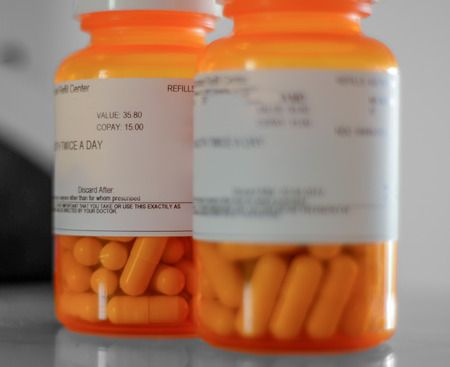
Three Major Reasons Not to Share a Prescription
Know the potential ramifications of sharing your medical prescription
When you and your friend or family member take the same prescription or have the same medical condition, sharing a prescription may seem harmless. Maybe you’re stretching out a prescription before the next refill is allowed by your insurance company, or you’ve noticed that your friend’s anxiety level has gotten so bad that he might benefit from some of your anxiety medication. While well-intentioned, sharing prescriptions is not a good idea for several reasons, with these three chief among them.
It Might Not Be Medically Appropriate
Despite appearances, your friend or family member might not be able to take your prescription successfully due to a difference in medical conditions that you don’t know about. The other person may have a contraindicating condition that renders the prescription ineffective or even dangerous to them.
Also, your dose may not be appropriate for their condition; they may need a bigger or smaller dose (this is a big risk when you’re sharing just because the other person seems like they could use some of the medication).
It Might Be Too Short a Course
For medications with limited treatment times, such as antibiotics that you’d take for a specific number of days only, you may be providing the person with too short a course to effectively destroy the infection they have (not to mention you having leftover antibiotics means you likely didn’t take the full course, which can lead to creating antibiotic-resistant bacteria).
You Could Be Charged and Held Liable
Medications can have side effects such as drowsiness, and if you give them to someone who subsequently causes damage, such as an accident, you could be held partially liable for the damage. You could also be charged with illegally distributing drugs, especially if the medications are controlled, which is a special category of medication that receives stricter scrutiny and has tougher prescribing requirements.
If you’ve been accused of or charged with distributing drugs because you shared a prescription, don’t delay in getting legal help. Contact Eisenberg Law Offices at (608) 256-8356 to speak with an attorney.







